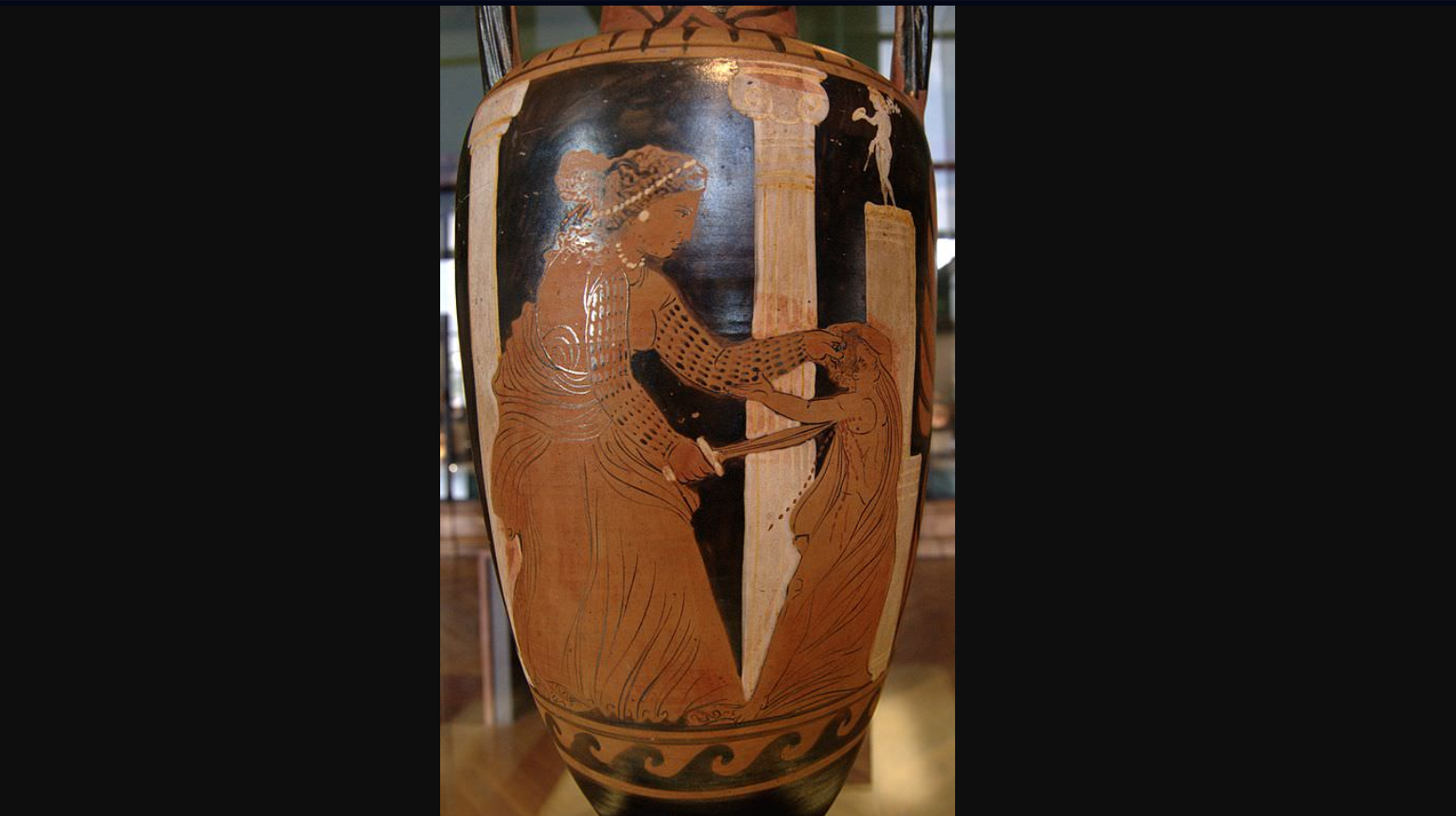The ancient Olympic Games, a cornerstone of Greek cultural and athletic heritage, have long been a symbol of unity and excellence within the Hellenic world. As the modern Olympic Games continue to embody principles of inclusivity and global participation, it’s intriguing to explore the historical foundations of these games, particularly the question of who was allowed to participate. One area of interest is whether the ancient Macedonians, who lived on the periphery of the Greek world, were permitted to take part in these prestigious events. This exploration delves into the historical context, cultural identity, and the eventual integration of the Macedonians into the ancient Olympic Games.
The Origins and Exclusivity of the Ancient Olympic Games
The ancient Olympic Games are traditionally dated to 776 BC, founded in Olympia, a sanctuary in the region of Elis on the Peloponnese peninsula. These games were initially religious festivals held in honor of Zeus, the king of the Greek gods, and were exclusively open to free Greek men. The exclusivity of the games underscored a broader cultural and political identity that was distinctly Greek. Participation was a privilege that signified one's place within the Hellenic world, a community defined by shared language, religious practices, and customs.
For the first few centuries of the games, participation was limited to athletes from the prominent city-states in southern Greece, such as Athens, Sparta, and Corinth. This was largely due to the geographic, cultural, and political isolation of the Macedonians who lived far to the north, beyond the reach of the Greek heartland's influence. The Macedonians, though sharing linguistic and religious similarities with the Greeks, were often viewed as a peripheral or even semi-barbaric people by their southern neighbors.
Macedonian Identity and Early Interaction with Southern Greece
The Macedonians were a tribal people who gradually formed a kingdom that expanded its influence over the northern Greek peninsula. Despite their shared heritage with the Greeks, the Macedonians were often regarded with suspicion by the more established Greek city-states. Their relative isolation and different political structure contributed to this perception. However, the Macedonians spoke a dialect of Greek, worshipped the same gods, and participated in similar cultural practices, suggesting a deep-rooted connection to the broader Greek world.
The turning point in the relationship between Macedonia and the southern Greek states came during the reign of King Alexander I in the early 5th century BCE. Alexander I, also known as Alexander "the Philhellene" (meaning "friend of the Greeks"), sought to bridge the gap between his kingdom and the southern Greek states. This ambition extended to his desire to participate in the Olympic Games, an endeavor that would both assert his Greek identity and elevate the status of his kingdom within the Greek world.
King Alexander I: Breaking the Barrier
King Alexander I's attempt to participate in the Olympic Games was met with initial resistance. The Hellanodikai, the judges who oversaw the games, questioned his eligibility based on his Macedonian origins. However, Alexander I argued that his lineage traced back to the Greek hero Heracles, a key figure in Greek mythology and the legendary founder of the Macedonian royal house. This claim, along with his cultural and religious affiliations with the Greek world, eventually convinced the judges to allow his participation.
Alexander I’s successful entry into the Olympic Games marked a significant moment in Macedonian history. His participation was not merely a personal triumph but also a symbolic assertion of Macedonian identity as part of the Greek world. This event paved the way for future Macedonian participation in the games and helped to gradually shift perceptions of Macedonia among the southern Greek states.
The Macedonian Dynasty and the Olympics
Following Alexander I’s breakthrough, members of the Macedonian royal family continued to participate in the Olympic Games, further solidifying their status as Greeks in the eyes of the southern city-states. One notable example is King Archelaus I, who competed in the chariot race and emerged victorious in 408 BCE. His victory was a demonstration of the growing power and influence of Macedonia, which was beginning to assert itself as a major player in Greek affairs.
King Philip II, one of the most significant figures in Macedonian history and the father of Alexander the Great, also made his mark on the Olympic Games. Philip II participated in the games on three occasions, winning twice in chariot races (in 356 and 348 BCE) and once more in 352 BCE. These victories were more than just athletic accomplishments; they were political statements that reinforced Philip's ambitions to unify and dominate the Greek world.
Philip's successes at the Olympics were emblematic of Macedonia's rising power and its integration into the Hellenic world. His victories were celebrated not just as personal or national achievements but as a demonstration of Macedonian excellence and legitimacy within the Greek cultural sphere.
The Spread of Macedonian Participation: From Royalty to Commoners
Initially, participation in the Olympic Games was largely restricted to the Macedonian royal family, reflecting the broader Greek tradition where only the elite could afford the extensive training and resources required for such competitions. However, as Macedonia's influence grew and its integration into the Greek world deepened, more Macedonians outside the royal family began to participate in the games.
One of the earliest non-royal Macedonians recorded as a victor in the Olympic Games was a man named Cliton, who won the prestigious stadion (a short foot race) in 328 BCE. Cliton's victory was significant not only because he was the first non-royal Macedonian to win at the Olympics but also because it reflected the broader social changes within Macedonia as it became more closely connected with the rest of the Greek world.
Following Cliton's victory, records indicate that Macedonians continued to participate and win in the Olympic Games with increasing frequency. Over the next six decades, an average of one Macedonian victory was recorded per decade, demonstrating the growing presence and competitiveness of Macedonian athletes. This period coincided with Macedonia's ascendancy under Alexander the Great and his successors, during which Macedonian culture and influence spread across the Greek world and beyond.
Conclusion: The Macedonians' Journey to Olympic Acceptance
The story of the Macedonians' participation in the ancient Olympic Games is a microcosm of their broader journey from the fringes of the Greek world to a position of dominance within it. Initially viewed with suspicion and even disdain by their southern neighbors, the Macedonians gradually asserted their Greek identity through cultural, religious, and athletic participation. The successful inclusion of Macedonian athletes in the Olympic Games was both a cause and a consequence of Macedonia's rising power and influence in the Greek world.
By the time of Alexander the Great, Macedonia was firmly established as a leading Greek power, with its athletes competing and winning in the Olympic Games alongside those from the more established city-states. This integration was not just a matter of political or military power but also of cultural and social acceptance, as the Macedonians proved themselves worthy of participating in one of the most revered institutions of the ancient Greek world.
Today, as we celebrate the global inclusivity of the modern Olympic Games, it is worth reflecting on the historical struggles and triumphs of the Macedonians as they sought to affirm their place in the Greek world through their participation in these ancient competitions. Their journey from exclusion to acceptance is a testament to the enduring power of cultural identity and the unifying spirit of athletic competition.









